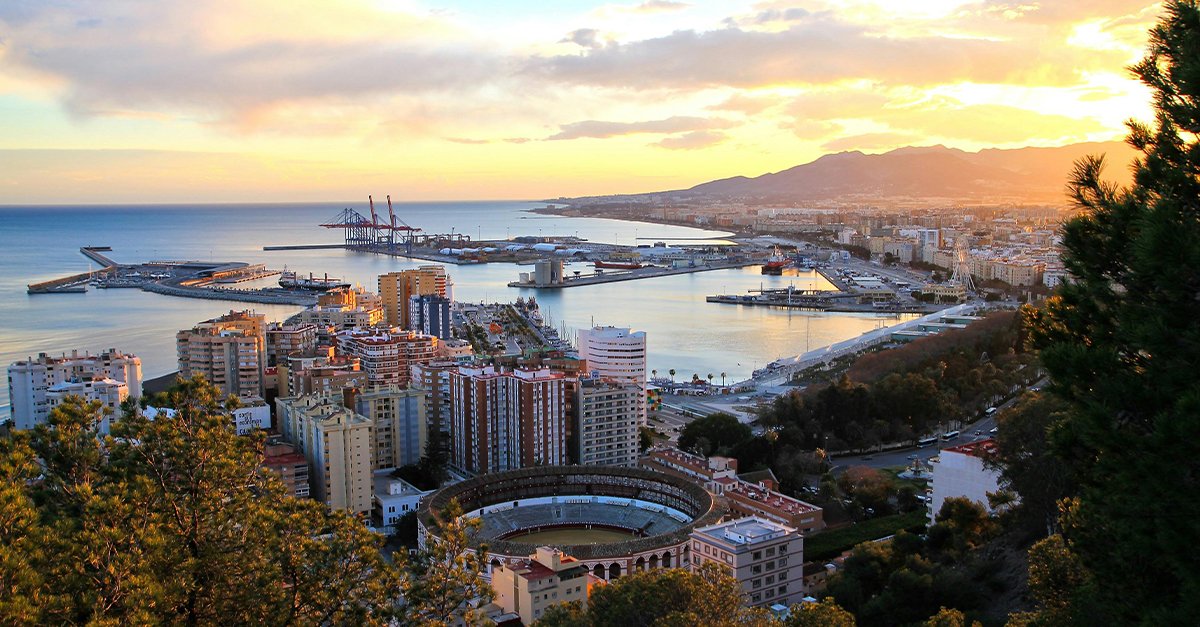The province of Málaga continues to grow. In 2023, the number of ‘new’ Spaniards foreign residents who have obtained nationality increased by 54%. This is reflected in the latest data published by the National Statistics Institute (INE) regarding the past year. In total, 7,735 people acquired this status in Málaga, 4,375 of them men and 3,360 women.
This figure represents a significant increase compared to 2022, when 5,020 foreign residents in the province obtained Spanish nationality. This past year has become the best parameter since the years 2013 and 2014, when registered nationalities were 6,531 and 5,695, respectively.
The age range with the ‘newest’ Spaniards is 35 to 39 years, with 955 people in Málaga. It is followed by 40 to 49 years (915 people) and 30 to 34 years (800 people). Also noteworthy are children from 0 to 4 years old, with 764 nationalized.
The favourable trend observed in the province is higher than in the country as a whole. During 2023, a total of 240,208 foreign residents in Spain acquired Spanish nationality. This figure represented an increase of 32.3% compared to the previous year. 45.2% of the foreign people who acquired Spanish nationality in 2023 were men and 54.8% women. By age, people aged 30 to 39 years constituted the largest group in terms of acquisitions of Spanish nationality, followed by the group aged 40 to 49 years.
The most frequent nationality of origin among people who acquired Spanish nationality in 2023 was Moroccan, with 54,027 cases. Next were nationalities from South American, Central American, and Caribbean countries.
Of the 240,208 people residing in Spain who acquired Spanish nationality in 2023, 21.2% had always resided in Spain. The remaining 78.8% had previously resided abroad.
Catalonia (with 60,846 cases) and the Community of Madrid (with 50,049) concentrated 46.2% of the acquisitions of Spanish nationality in 2023. Andalusia ranked fourth, with 24,059 people.
What is needed to acquire Spanish nationality? The Civil Code explains in its Article 22 that for this purpose, the applicant must prove the fulfilment of three basic requirements: good civic conduct, a sufficient degree of integration into Spanish society, and having legally and continuously resided in Spain for a period of time immediately prior to the application, which varies according to the cases.




